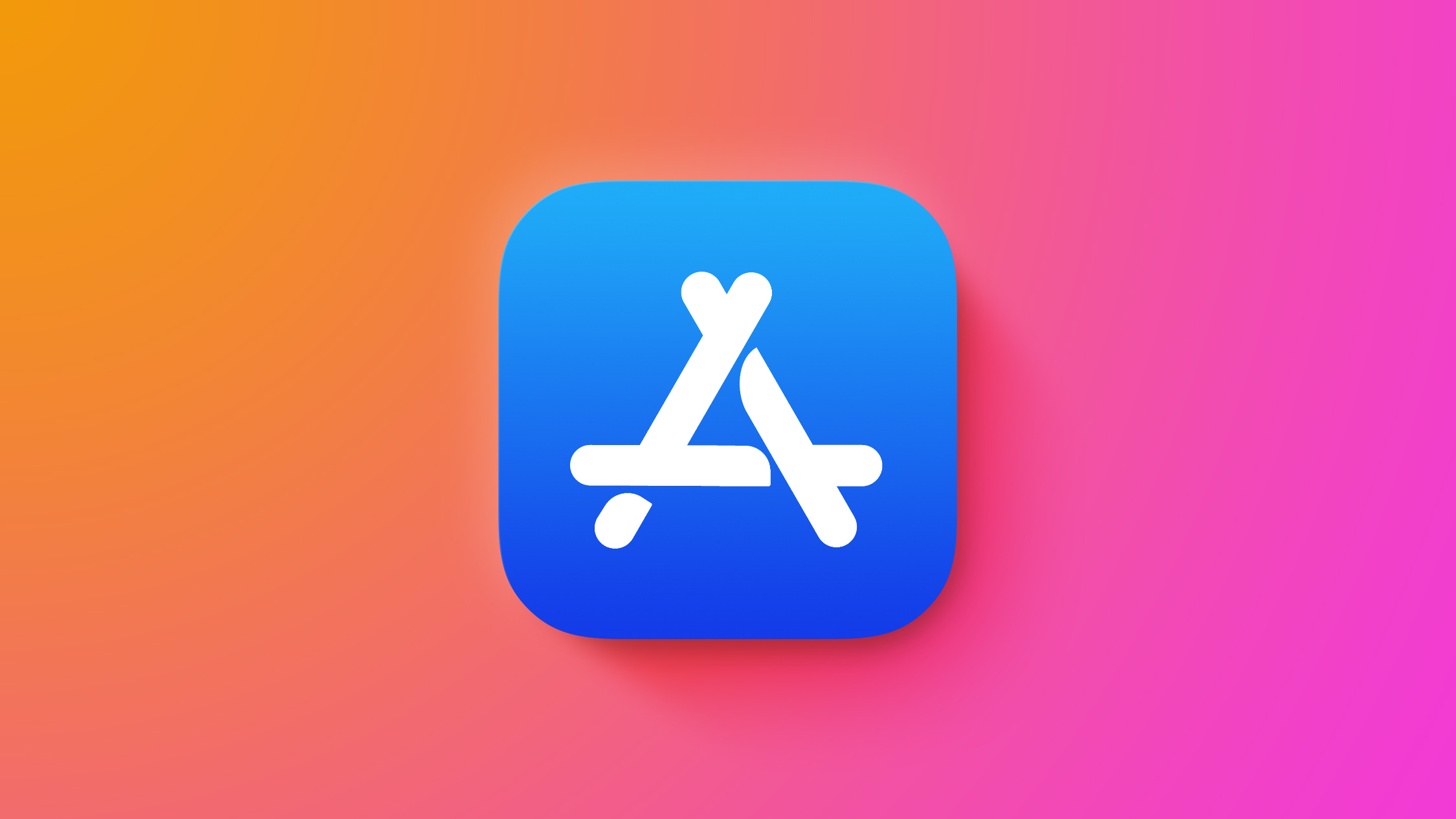
In a scorching ruling against Apple, Judge Yvonne Gonzalez Rogers on Wednesday accused an Apple finance executive of providing false testimony under oath during the company's ongoing legal battle with Epic Games.

The judge stated that Alex Roman, Apple's vice president of finance, gave testimony that was "replete with misdirection and outright lies" regarding when Apple decided on its controversial 27 percent commission fee for purchases made outside the App Store.
"Contemporaneous business documents reveal that on the contrary, the main components of Apple's plan, including the 27 percent commission, were determined in July 2023," wrote Gonzalez Rogers in her ruling. "Neither Apple, nor its counsel, corrected the, now obvious, lies."
The ruling is significant enough that Gonzalez Rogers is referring the case to a U.S. attorney for possible criminal contempt proceedings against both Apple and Roman.
The reduced 27 percent fee (down from Apple's standard 30%) was established after the 2021 Epic Games lawsuit ruling. Judge Yvonne Gonzalez Rogers rejected claims that Apple operated a monopoly. However, she ruled that Apple's anti-steering conduct was anti-competitive, and ordered the company to allow developers to link to alternative payment methods outside the App Store.
Apple complied by creating a system where developers can apply for a "StoreKit External Purchase Link Entitlement" to direct users to external payment options. However, Apple still demands a 27% commission on these transactions made within seven days of clicking the link.
That's set to change though after Wednesday's ruling. The court now says Apple cannot collect any fee or commission for purchases that consumers make outside of an app, nor can it track, audit, or monitor consumer activity.
The judge didn't mince words in her assessment of Apple's behavior, writing that "Apple willfully chose not to comply with this Court's Injunction" and did so "with the express intent to create new anticompetitive barriers" to maintain its revenue stream.
"That it thought this Court would tolerate such insubordination was a gross miscalculation," she added. "As always, the cover-up made it worse. For this Court, there is no second bite at the apple."
The false testimony appears to have particularly aggravated the judge, who said in her ruling that the alleged deception compounded Apple's original violation of the anti-steering injunction.
In a brief statement, Apple said: "We strongly disagree with the decision. We will comply with the court's order and we will appeal."
Note: Due to the political or social nature of the discussion regarding this topic, the discussion thread is located in our Political News forum. All forum members and site visitors are welcome to read and follow the thread, but posting is limited to forum members with at least 100 posts.
Article Link: Apple VP Referred for Criminal Contempt After 'Outright Lies' in Epic Games Ruling
Last edited:


